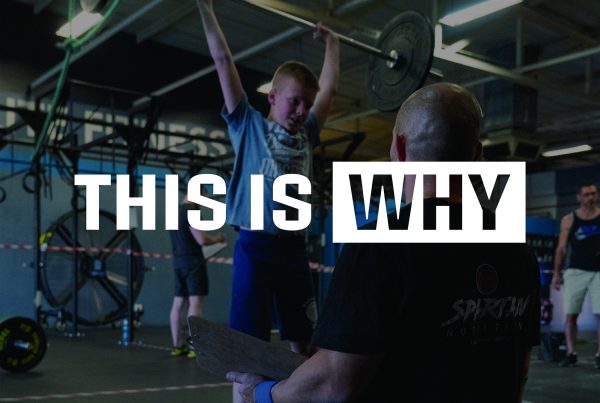Along with creatine and BCAAs, glutamine is one of the most used supplements in the fitness industry. While people seem to have some idea about the benefits of the former supplements, glutamine seems to be less understood. It’s a supplement we sell at the gyms, and we’ll only sell something we truly believe is of benefit to you. So let’s talk about what it is and why it may be of benefit to you.
What is Glutamine?
Glutamine is a naturally occurring amino acid found in dietary protein. It’s also one of six conditionally essential amino acids. That means you typically have enough glutamine but it becomes essential (needs to be consumed) when trauma, illness or stress creates a need that is in excess of its natural availability. Exercise is a form of stress. Therefore, glutamine becomes essential if you are exercising regularly because it is depleted faster than the body is able to produce it. There’s the short answer to the topic question – you should be taking glutamine if you are training regularly. But it does have other benefits too.
Recovery
Glutamine has a few recovery roles. Research has shown that glutamine levels in overtrained athletes are depleted compared to healthy, well-recovered athletes, and that the amount of glutamine found in muscle is related to the rate of protein synthesis. Therefore, adequate levels of glutamine may promote faster muscle recovery and building post exercise.
Aside from protein needing resynthesis after training, muscle glycogen (glucose) stores need to be repleted too. This is largely accomplished by consuming the right types of carbohydrates after training. But, glutamine has been found to speed up the rate of glycogen repletion. So if you include a glutamine supplement to your post-workout carbohydrates you’ll recover faster!
Immune Function
Some research has shown that poor immune function has a correlation with low levels of glutamine. This is something I’ve seen in many of the array of athletes I’ve worked with over the years. Many of them were more susceptible to colds, flus and other illness during periods of high-volume training and competition. Depleted glutamine may have had a role in that due to physical stress of training and psychological stress of competition.
Gut Health
Glutamine assists in the repair and healing of the gut lining in a similar manner to its influence on muscle repair. While this is not directly related to training, it may have implications for you if you do have a problem with gut health. However, if you do believe that you have leaky gut syndrome it may cause autoimmune disorders so you should consult with a relevant medical professional. You may also need to remove foods from your diet that cause gut irritation.
Reduce Sugar Cravings
I had a small debate with myself about whether or not to include this glutamine benefit because I know many of you are only going to end up remembering this. And off you’ll go to buy a stash of glutamine (which is okay of you get it from us!) with the belief that it will magically cure your sugar cravings. It won’t.
I’m all about educating you and leaving you to make the best decisions, so I decided to include it because it’s interesting and may help you. Up to 10 grams of glutamine consumed before a meal may reduce carbohydrate intake and reduce cravings for something sweet after the meal. This could be related to the glutamine’s ability to improve the rate of glycogen replenishment, but that’s a topic for a Masters or PHd student to examine! Just remember that glutamine may help cravings, but you still need to control them.
How To Take Glutamine
You can safely take up to about 0.65 grams of glutamine per kilogram of bodyweight in a day. Five to 10 grams per serving seems to be the most effective dosage. If you’re using it for recovery from training, include it in your post workout drink along with those BCAAs. If you need it to help with repairing your gut, take it with water on an empty stomach. And if you’re keen to see if it helps with the carb and sugar cravings, have it before or in between meals throughout the day.
Much like creatine and BCAAs, supplement companies will use a variety of marketing ploys to sell different varieties of glutamine. In my opinion, a pure glutamine powder or capsule is all you need.



